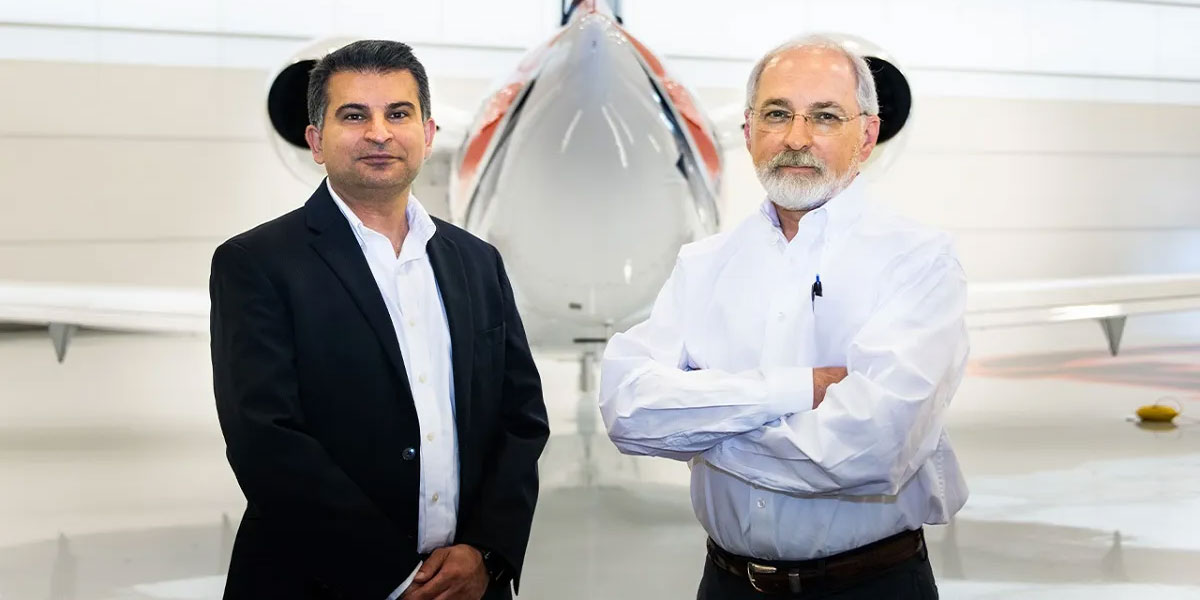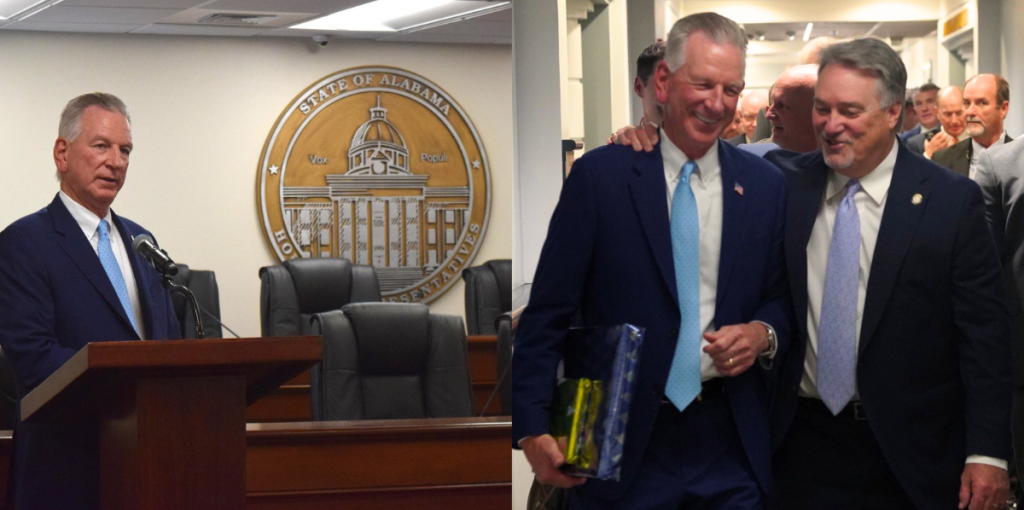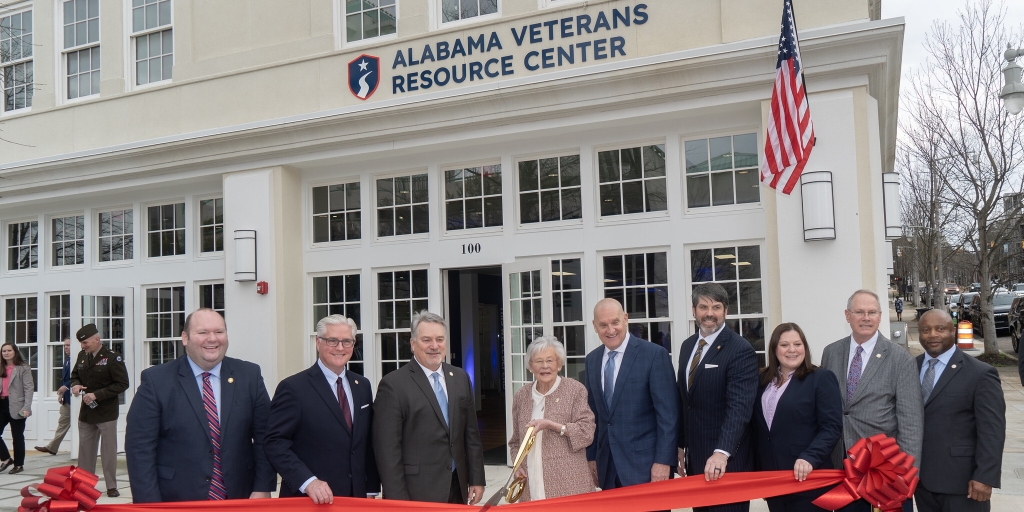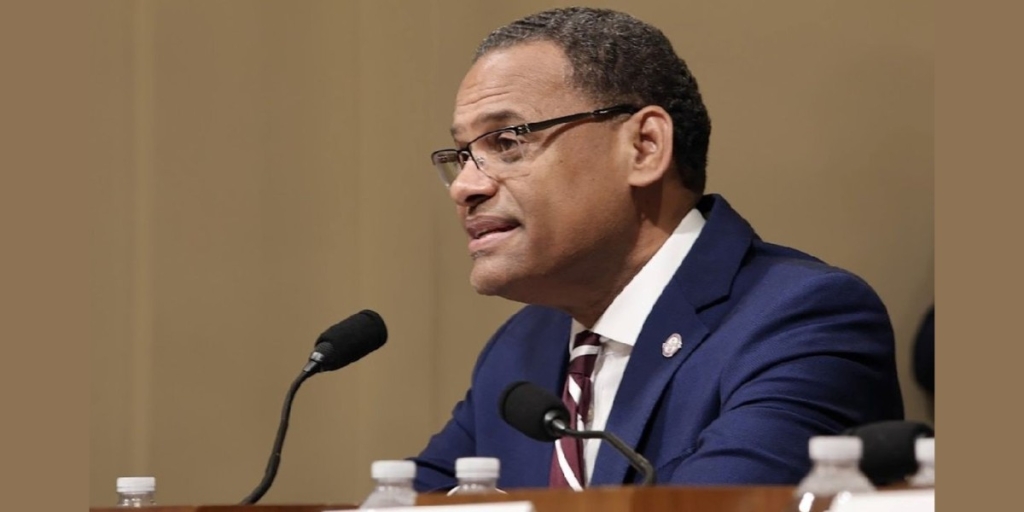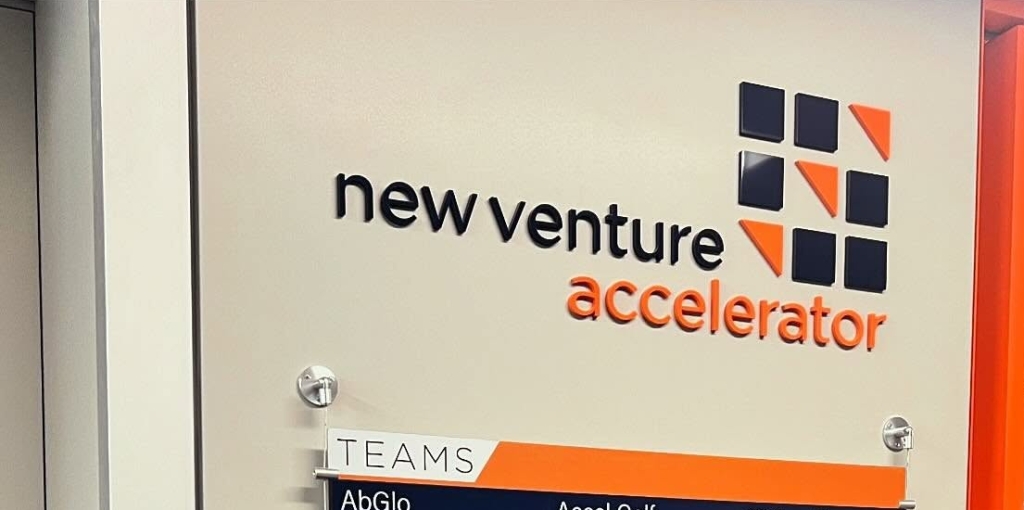Auburn University is teaming with federal aviation authorities to improve commercial air travel by raising the reliability of 3D-printed metal aircraft components through two grants totaling $7.3 million.
The researchers at Auburn’s National Center for Additive Manufacturing Excellence (NCAME) are also working with the U.S. Army to elevate combat readiness by advancing the adoption and implementation of additive technologies in Army operations.
NCAME is assisting both the Army and the Federal Aviation Administration by closing gaps in additive manufacturing standards, which will ensure consistency in the durability and performance of 3D-printed products and parts.
“Material variation is what I call the ‘Achilles heel’ of additive manufacturing,” said NCAME Director Nima Shamsaei, the Philpott-WestPoint Stevens Distinguished Professor of mechanical engineering at Auburn. “It can make the qualification and certification of additive manufactured materials and parts challenging.”
The Auburn center’s researchers want to crack the code on why 3D-printed products made on different industrial-scale machines can have properties that don’t match.
The goal: Generate reliable materials data to advance this revolutionary technology.
Established in 2017 through a partnership between Auburn and NASA, NCAME quickly developed a strong reputation in additive manufacturing research for the certification of 3D-printed materials and parts. In this strategic niche, NCAME has emerged as an international leader, especially in the area of materials used for spaceflight.
NCAME was a founding partner of the ASTM International Additive Manufacturing Center of Excellence, which aims to advance technical standards, related research and development, education, training and more.
Advancing technology
The center’s origins stem from GE Aviation’s decision in 2014 to locate a groundbreaking additive manufacturing facility in Auburn’s Technology Park West.
The state, city of Auburn and the university combined efforts to support GE’s ambitious move to open the 3D printing operation, which became the aerospace industry’s first high-volume factory producing aircraft engine components using additive technologies.
“Alabama has been proactive in supporting advanced manufacturing in the state, and NCAME is an excellent example of the results of those efforts,” said Greg Canfield, secretary of the Alabama Department of Commerce.
“The expanding expertise of this center is critical in our overall efforts to grow the cutting-edge sector of additive manufacturing,” added Canfield, who was involved in the recruitment of GE’s 3D printing operation.
The work of NCAME’s researchers is important because critical parts for aerospace, defense and medical applications must be formally qualified prior to use. Extensive testing of complex surface topographies and internal defects can be costly and time-consuming.
Moreover, these concerns fundamentally undercut the key advantages offered by additive manufacturing, which is ideal for rapid prototyping and the production of complex shapes.
Additive partnerships
That’s why the Army and FAA turned to NCAME.
The FAA said its $3 million partnership with the Auburn center is intended to improve safety by standardizing certification of existing and emerging structural applications of advanced materials.
Specifically, the FAA wants NCAME’s researchers to help develop additive manufacturing specifications related to understanding how microscopic features in the 3D-printed metal affect fatigue and fracture properties in parts, along with variability issues in different production platforms.
“By understanding the sources of variability, controlling them or accounting for them, we can generate more reliable materials data and more reliable AM products,” said Shamsaei, the NCAME director.
Through a $4.3 million grant from the Army, NCAME is launching a two-year project focused on materials, parts and process qualification – necessary elements for accelerating the adoption and implementation of additive manufacturing in Army operations.
Aaron LaLonde was technical specialist for the U.S. Army DEVCOM Ground Vehicle Systems Center and helped facilitate the Army grant. He believes the project will be crucial for further integrating additive manufacturing into the Army’s modernization and sustainment efforts.
“NCAME,” LaLonde said, “has become one of the main key players in additive research along these lines.”
(Courtesy of Made in Alabama)




